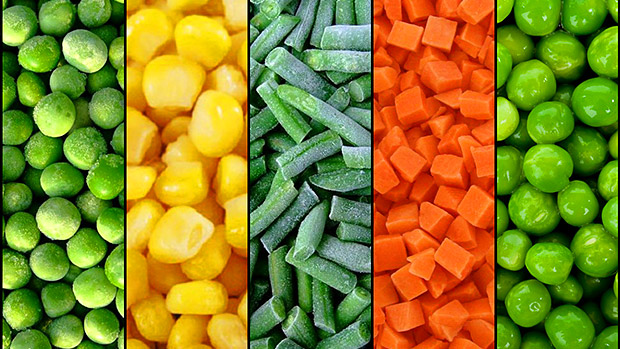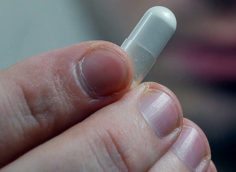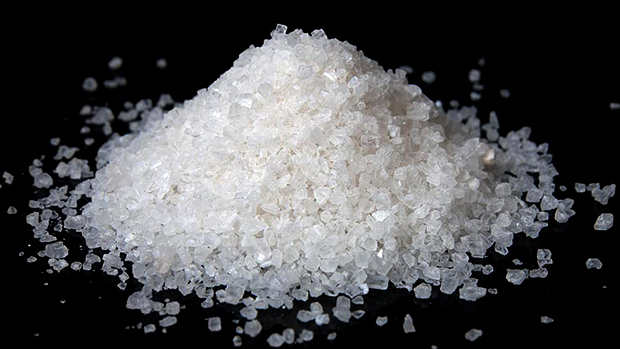It seems that nutritionists have been touting the advantages of "natural" food for so long and so hard that any food that's not handpicked by freshly scrubbed, virginal farm workers wearing peasant blouses and delivered directly to your dinner plate is automatically regarded as nutritionally suspect.
It's gotten so bad that consumers even have a bias against frozen fruits and vegetables (1). Never mind that in most cases they were picked, washed, and quickly frozen before any supposed nutrient degradation could take place, consumers generally regard them as "processed" and subsequently, inferior.
Their bias is misplaced. Freezing preserves nutrients and, in some cases, increases nutrients, in addition to making specific phytochemicals more biochemically accessible.
The Evidence
There's a hefty amount of research that supports the nutritional value of frozen fruits and vegetables. One, conducted by Bouzari in 2014, evaluated the amount of riboflavin, beta-carotene, vitamin C, and alpha-tocopherol (vitamin E) in frozen and non-frozen carrots, corn, spinach, broccoli, peas, green beans, strawberries, and blueberries (2).
Here's what they found:
- Frozen foods showed a minimal loss of vitamin C, compared to big losses in non-frozen, "fresh" varieties.
- Frozen peas showed an increase in vitamin C and vitamin E over non-frozen.
- There was basically no difference in riboflavin content between frozen and non-frozen samples.
- Three of the frozen vegetable varieties had higher amounts of vitamin E than their non-frozen counterparts.
- The findings were true for fruits and vegetables even if they'd been frozen for 90 days.
The news wasn't all a bowl of frozen cherries, though. For reasons unknown, the frozen peas, carrots, and spinach had lower levels of beta-carotene than the non-frozen samples.
Generally speaking, though, unless the freshly picked fruits and vegetables were frozen and bagged without subsequently being used as icepacks by Larry the stock boy who hurt his knee while playing second string defensive tackle for the Fightin' Banana Slugs of Hoover High, they're nutritionally sound.
In other words, as long as the "chain of freezing" wasn't broken, they're often as good or better than fresh.
The same is true for most, if not all, phytochemicals found in fruits and vegetables (3). In fact, in the case of blueberries, freezing actually improves the bioavailability of anthocyanins (4). Apparently, the freezing creates crystals that disrupt the structure of the plant tissue, thereby making the anthocyanins more accessible.

Freezing is Good
It's a given that frozen fruits and vegetables are more convenient than fresh vegetables. For one, you don't have to worry about them getting old and pruney and having a disturbing resemblance to your nana or poppa. There's also no husking, peeling, or shucking necessary.
Now you can add nutritional superiority, or at least nutritional equivalency, to the list of advantages.
Sources
- Connell, Paul M., et al. "Negative associations of frozen compared with fresh vegetables." Appetite, Volume 127, 1 August 2018, Pages 296-302.
- Bouzari, Ali, Dirk M. Holstege, and Diane Marie Barrett. "Vitamin Retention in Eight Fruits and Vegetables: A Comparison of Refrigerated and Frozen Storage." Journal of Agricultural and Food Chemistry, 2014.
- Mullen, William, et al. "Effect of freezing and storage on the phenolics, ellagitannins, flavonoids, and antioxidant capacity of red raspberries." Journal of Agricultural and Food Chemistry 50.18 (2002): 5197-5201.
- "Freezing blueberries improves antioxidant availability." Science Daily,
July 22, 2014.





